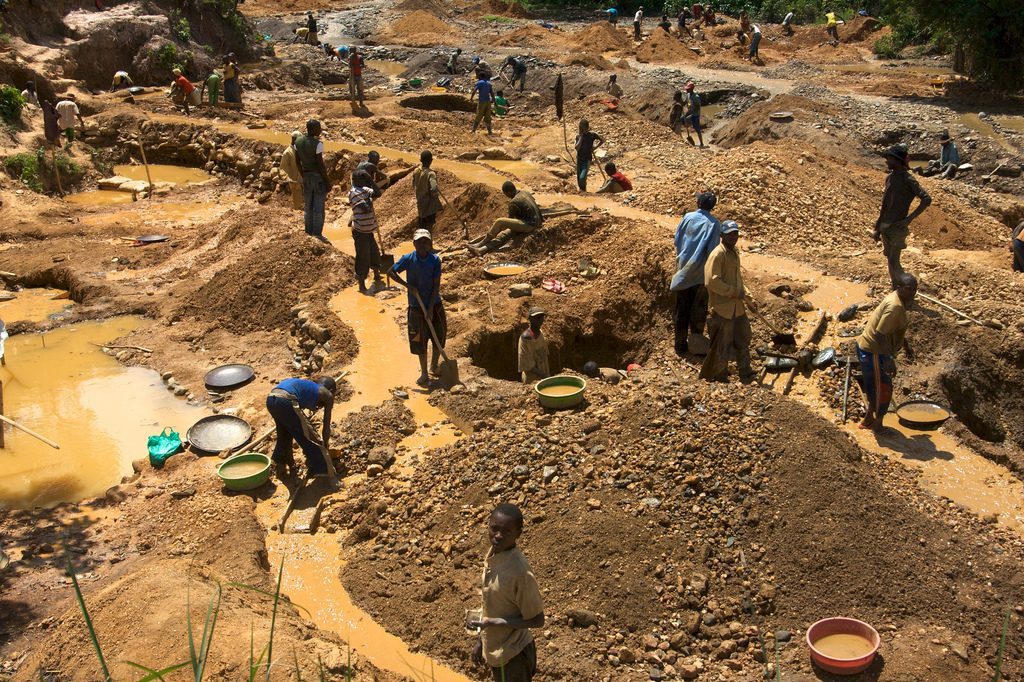Minister urges mining skills development
MINES and Mining Development Minister Winston Chitando has called on stakeholders in the mining sector, particularly mining companies, to actively participate in the development of mining skills.
He stressed that this initiative will enhance the industry’s capabilities and boost productivity as the nation advances towards achieving Vision 2030.
Speaking at the Zimbabwe School of Mines (ZSM) 30th graduation and prize-giving ceremony last Friday, Minister Chitando highlighted the necessity for skills development within the mining sector to meet the Vision 2030 targets, with companies playing a crucial role.
“For students to graduate, they need to be attached to various mining companies as part of the diploma programme. However, over the past two or more years, some students have faced challenges in securing attachments,” the minister explained.
“Some mines do not participate in this process; they prefer to recruit already qualified personnel without offering attachment opportunities to students.”
Therefore, the Government is advocating for every mining company to provide attachment opportunities to students. Minister Chitando said the Zimbabwe Miners Federation and the Chamber of Mines have been called upon to self-regulate and develop programmes to ensure that capable entities offer these attachment programmes.
Should mining companies fail to devise a solution, the Government will consider policy interventions.
Minister Chitando also urged mining companies to financially support the ZSM, recognising its critical role in skills development for the sector.
The 30th ZSM graduation was themed “Shaping the Future of the Mining Industry: Sustainable Mining Innovation and Value Addition”.
Minister Chitando commended ZSM for its role in skills development, noting the increase in enrolment and graduates from about 200 in 2021 to approximately 428 this year.
He stated that Vision 2030 is anchored on GDP growth, with all economic sub-sectors, including mining, playing a key role. The mining sector was valued at US$2,7 billion before the Second Republic, but it has since grown to over US$12 billion.
“To support this growth, there is a need to develop skills at both the university level and at the certificate and diploma levels at ZSM. I applaud ZSM for its proactive role in supporting the sector’s growth,” he said.
ZSM has introduced additional programmes at the certificate and diploma levels, which have been praised by the minister.
ZSM principal, Mr Edwin Gwaze, cited the persistent challenge of student placements, underscoring the need for stronger collaboration with mining companies to ensure all students receive practical training.
Mr Edwin Gwaze
“For the year 2024, we have managed to attach 90 percent of the students, a significant increase from 70 percent in 2023,” said Mr Gwaze.
“The institution has made significant strides in expanding its educational offerings in line with the National Development Strategy 1 (NDS1) and Education 5.0.”
Notably, ZSM has introduced new diploma programmes aimed at enhancing the curriculum and addressing industry needs, including diplomas in Foundry Technology, Iron and Steel Making (starting January 2025), Jewellery Design and Manufacturing, and Mine Occupational Health, Safety and Environment.
The courses are designed to equip students with specialised skills critical in today’s dynamic mining and industrial manufacturing sectors.
The mining sector continues to play a significant role in economic development, contributing to exports, employment creation, and poverty reduction.
To further improve its contribution to GDP, the Government is promoting value addition and beneficiation of minerals to realise more value from the country’s diverse mineral resources. —-chronciles











